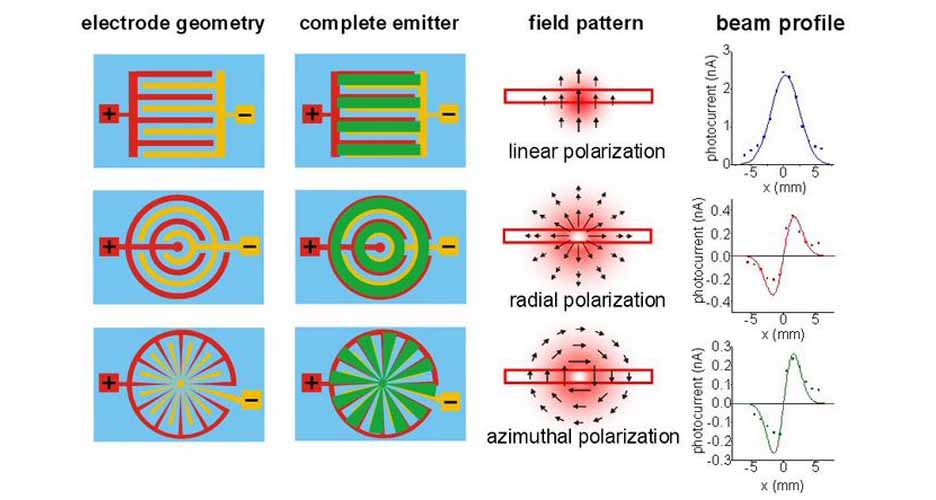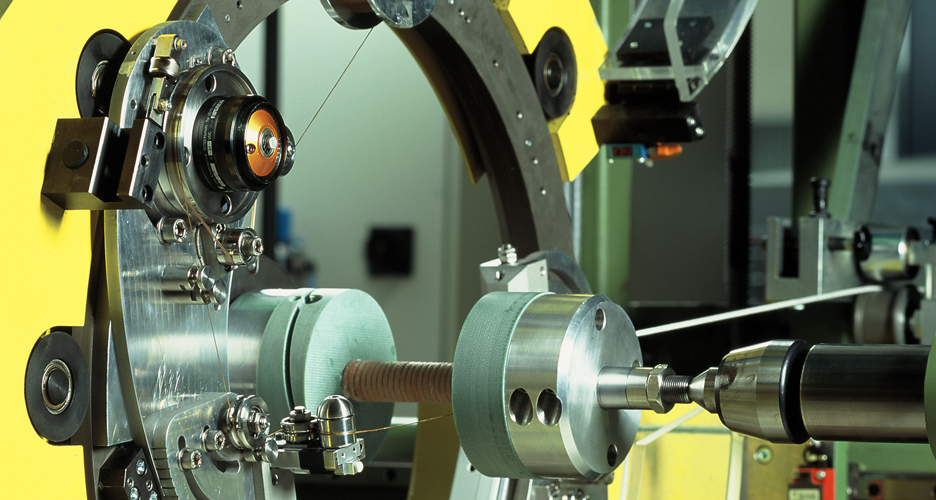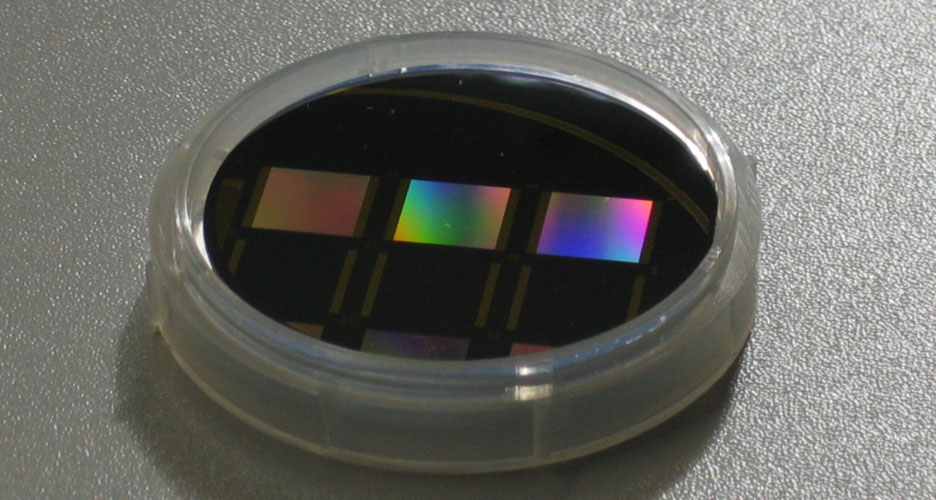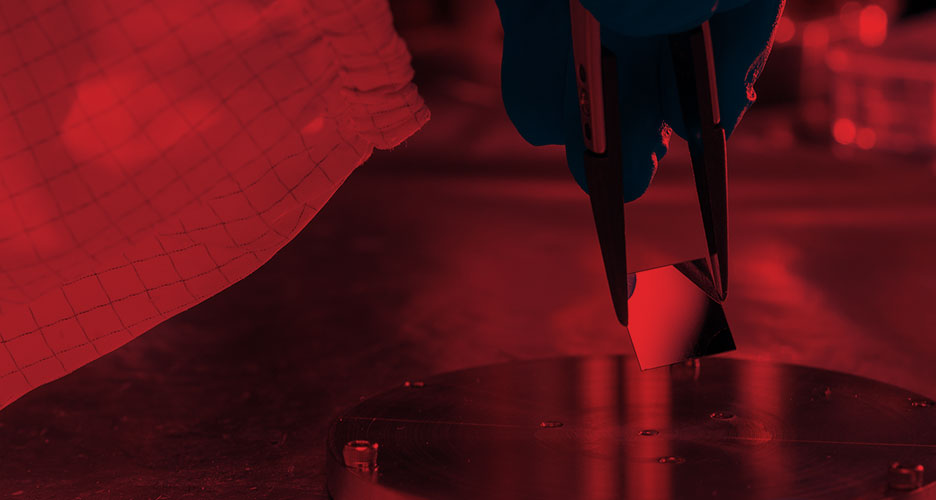Terahertz Technology
Terahertz radiation lies on the electromagnetic spectrum between the long-wave radio and microwaves and the invisible infrared range.
The technology for the terahertz range uses concepts from high-frequency electronics as well as from optics. In the last 20 years there has been a significant further development in THz components such as radiation sources, detectors and modulators.
Large-area photoconductive radiation sources have been developed at the HZDR, which have a number of advantages such as:
- High efficiency in the conversion of near-infrared power to THz power
- Easy to use
- Possibility of generating radiation with radial and azimuthal polarization in addition to the usual linear polarization. Radially polarized radiation is particularly suitable, for example, for transport using wire waveguides.





